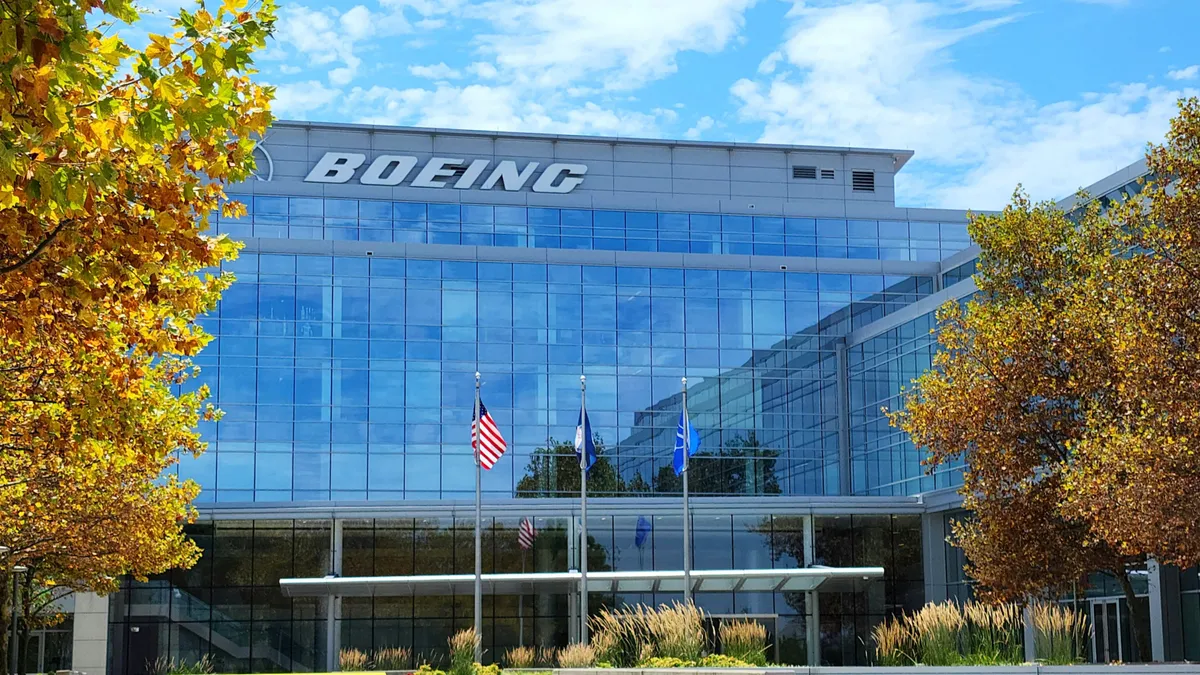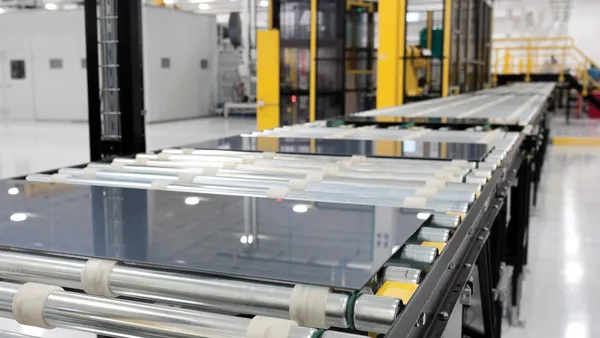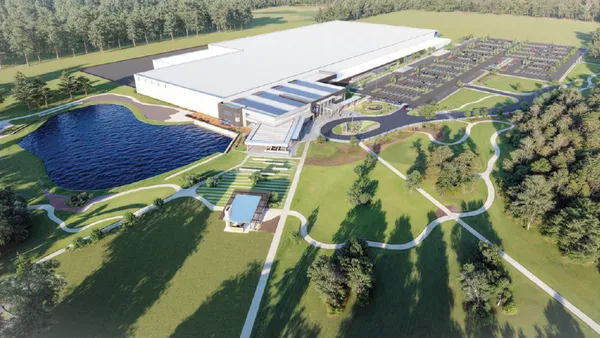Rather than creating a separate recipe for sustainability, manufacturing executives increasingly are incorporating these concepts directly into their existing and future business plans—generating tantalizing results for their companies and the environment.
By adding sustainability to technology implementations—in areas like infrastructure, physical and network security, talent management and supply chain—manufacturers can continue their journey into Industry 4.0, meet original business goals and satisfy stakeholders’ hunger for conservation.
That craving is only intensifying. There’s more regulation and legislation. Consumer voices are growing louder—and their wallets are opening wider—in favor of manufacturers that use sustainable processes and materials to source, produce and ship their products and many people are more eager to work at businesses committed to sustainability. Executives across the spectrum of sustainability enthusiasm—from eager evangelists to those newly engaged—can reduce the TCO) and increase return on investment (ROI) in conservation-related technologies.
In other words, manufacturers can have their cake and eat it, too.
Think big, act small
Baking a Mocha Dacquoise cake is complicated. Fortunately, serving up sustainability results from your existing tech investments doesn't have to be. Use today’s technologies to serve up solutions to manufacturing’s top concerns, including security, supply chain management, employee retention and recruitment and building in the agility to deal with external factors beyond your organization’s control (like the global economy).
Manufacturers that adopt a cloud operating model get on-demand IT resources across their user base. This increases productivity, efficiency, agility, automation and scale—all underlying components to realizing both business and sustainability results.
Security and sustainability
Many manufacturing organizations have been converging physical and network security to improve results and cut costs. Adding sustainability benefits—using the same cloud-managed smart cameras and sensors on the same infrastructure—delivers new outcomes.
By centrally managing all devices (such as robots, cameras and sensors), manufacturers conserve space, energy and human resources. In fact, one manufacturer saw energy savings of 70% after adopting a cloud-managed platform.
Staffing and sustainability
Recruitment and retention are perpetual and growing issues for this industry; younger generations, who are particularly difficult to attract, are especially concerned about sustainability. Want Gen Z to work at your company? Then sustainability must be a priority.
A cloud-managed infrastructure can help here, too. A cloud solution with automation eliminates on-site, manual processes (repetitive, error-prone and dull tasks like patching and updating) giving IT professionals more time to focus on projects that deliver real business value. It also improves your security stance, productivity and sustainability.
Supply chain and sustainability
Those who adapt quickly during times of disruption reap the rewards of their agility at all times. About 80% of executives experienced heavy or very heavy disruptions in their supply chain in the past year and 90% said the frequency of disruptions increased. With many other factors to address, having built-in agility is critical to every industry, but especially one as complex and integral as manufacturing.
Collaboration and communication are two key components of agility, enhanced experiences (and hybrid work). Leveraging the cloud and existing infrastructure to empower distributed teams, regardless of locale or time zone, improves manufacturers’ ability to adapt to supply-chain issues.
Savings and sustainability
While manufacturers cannot change external factors that impact the economy, conserving energy boosts the environment, the bottom line and often, the company’s reputation.
Sensors your IT teams deploy to help protect valuable assets from water damage or temperature changes also curtail the almost incalculable damage that would occur if electronics, chemicals, or other products leaked into the ground or water after a burst pipe or fire. In fact, an economic impact study by Forrester Consulting found cloud-managed sensors could deliver 175% ROI and energy savings up to 27%.
And by monitoring leaks, the same sensors significantly impact energy savings—the top operational cost that business executives are achieving through sustainability initiatives.
Recipe for success
Using your cloud-managed infrastructure to bake in sustainability benefits offers an enticing combination of results. While technology alone won’t solve the world’s sustainability dilemma, leveraging your infrastructure for manufacturing and sustainability goals is the icing on the cake.
Cisco Meraki has the ingredients you need to bake sustainability into your network. Find out more here.










